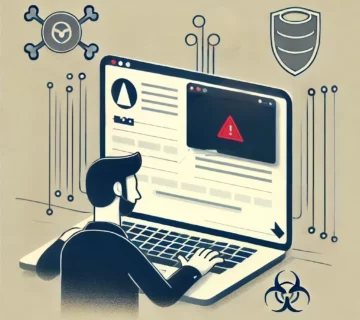
GitHub Actions Exploit – A Hidden Risk in Automated Workflows
GitHub Actions is a powerful tool that automates development workflows, but it can also introduce security risks if not properly configured. A GitHub Actions exploit occurs when attackers take advantage of misconfigured workflows, injecting malicious code or gaining unauthorized access to sensitive environments. Public repositories are especially vulnerable if workflows automatically run based on external pull requests, allowing threat actors to insert harmful payloads. These exploits can lead to credential leaks, unauthorized deployments, or compromised software builds. To prevent such threats, developers should sanitize inputs, avoid exposing secrets in workflows, and limit permissions with fine-grained access controls. Using reusable workflows and setting manual approvals for external contributions also helps mitigate risks. As automation becomes central to DevOps, securing GitHub Actions is essential for maintaining the integrity of your CI/CD pipeline and protecting your code from supply chain attacks.
